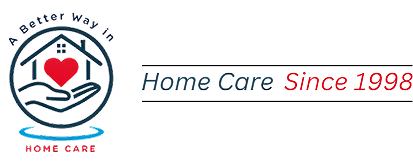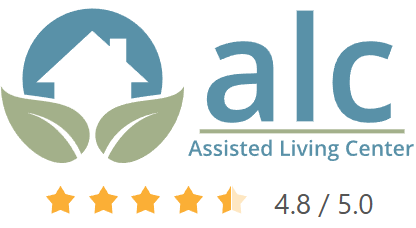
They may even take offence to your attempts to discuss their finances, let alone your intentions to start managing them. This is why you need to be exceptionally careful and take a gentle approach when the time comes for you to get involved and step in. Is it time to step in and how can you help the elderly better manage their finances?
When should I take over my parents’ finances?
What is the turning point at which you need to step in and take over your elderly parents’ finances or at least start helping them manage their finances? It is difficult to say, mainly because it all depends on whether your elderly loved one has already started to undergo cognitive change, suffers from a debilitating medical condition or simply feel overwhelmed with high levels of stress and anxiety that hinder their daily living.
According to some experts in the field of senior care, it’s best to follow the so-called 40/70 rule, that is, to start discussing financial issues when you start to near the age of 40 and your elderly loved one approaches 70.
Be mindful of issues and potential warning signs that your parents may be struggling to manage their finances:
- Unpaid bills,
- Bounced checks,
- Calls from creditors,
- Unusual purchases,
- Higher risk of elderly fraud scams (online or over the phone).
How do you gently help your aging parents manage their money?
It is never easy to balance work, your personal life and senior care, especially if your parents are unwilling to accept a change of pace or a change of their daily routine.
Respect their decisions
It can be hard to convince your aging parents to accept change, especially if they interpret your intention to help out as an attempt to take over completely. You need to be respectful of their decisions, especially if they are still capable of managing their finances independently.
Keep important files at hand
You need to know where all the major documents are in case of eventuality. These may include:
- Social security payments
- Wills
- Insurance policies
- Pension records
- Mortgage documents
- Car titles
- Bank statements
- Safe deposit boxes
Get joint access to their financial accounts
You may need more than a Power of Attorney to get access to your loved one’s bank accounts. Some banks require the account holder to sign a specific form which authorizes others to access the accounts.
Keep other family members up to date and get them involved
Your siblings and other family members should be involved in senior care and you should keep them up to date on your elderly loved one’s finances, income and spending. However, you should be mindful not to get too many people involved.
Be proactive and make preparations for the future
Talk about long-term care options, estate planning and the living will (what you should do in case of a medical crisis if your elderly loved one is no longer capable of making independent decisions).
Make your elderly loved one’s safety and wellbeing a priority









